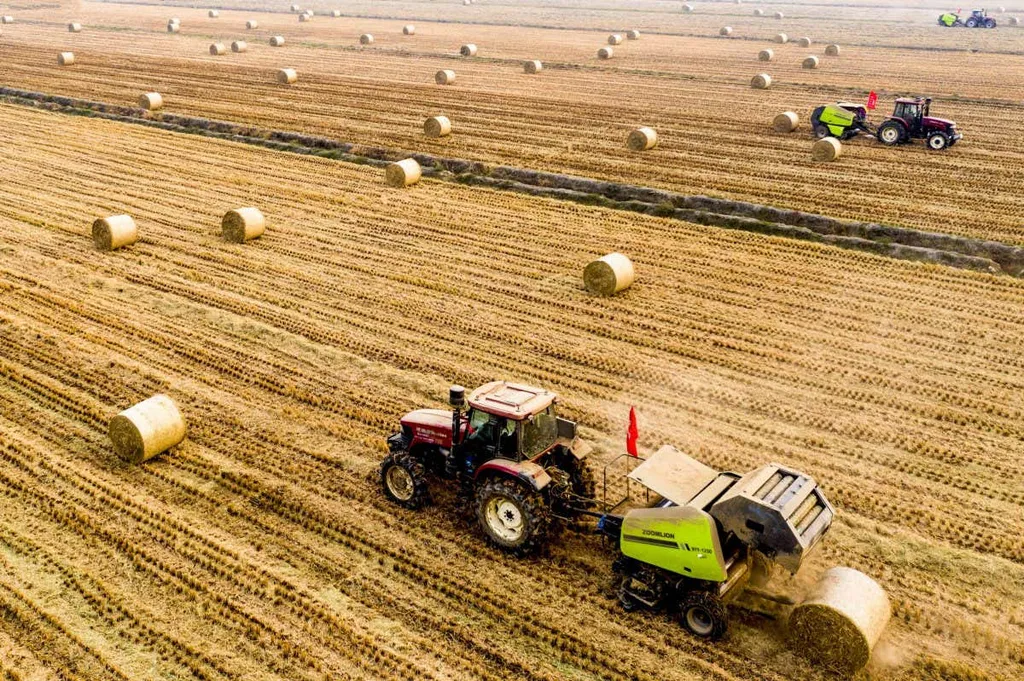In the rugged, limestone-dominated landscapes of Southwest China’s Karst region, farmers face an uphill battle to cultivate productive soils. A recent study published in *Food and Energy Security* offers a promising solution: biochar-based fertilizers. The research, led by Yangzhou Xiang of Guizhou Education University, demonstrates how these innovative fertilizers can enhance soil properties and fruit quality in this challenging agricultural environment.
The study focused on the chestnut rose (Rosa roxburghii), a valuable fruit crop in the region. Three types of biochar were tested: one derived from R. roxburghii pomace (RPB), another from discarded mushroom substrate (DMB), and the third from chili straw (CSB). These were applied at varying rates alongside conventional NPK fertilizers.
The results were striking. The optimal treatment, RPB4 (70% biochar), significantly boosted soil moisture content by 61.37%, organic matter by 22.73%, and available nitrogen by 22.74% compared to controls. Fruit quality also saw marked improvements. Vitamin C content surged by 67.94% under DMB4 treatment, total flavonoids increased by 120.06% with RPB4, and soluble sugars rose by 148.69% with RPB4.
“These findings provide quantitative evidence for the efficacy of biochar-based fertilizers in improving both soil quality and fruit characteristics in Karst agricultural systems,” Xiang explained. The study employed structural equation modeling, revealing significant direct effects of biochar application on soil water content and pH. Principal component analysis identified RPB4 as the optimal treatment combination, explaining 69.328% of total variance in soil and fruit properties.
The commercial implications for the agriculture sector are substantial. Biochar-based fertilizers offer a sustainable solution to the soil limitations prevalent in Karst regions, potentially increasing crop yields and quality. This could open new avenues for farmers to enhance productivity while promoting environmental sustainability.
As Xiang noted, “Establishing optimal application rates for sustainable orchard management is crucial for the future of agriculture in these regions.” The study’s findings could shape future developments in soil management practices, particularly in areas with similar soil challenges. By integrating biochar-based fertilizers into agricultural practices, farmers can improve soil health and fruit quality, ultimately boosting their economic returns.
This research not only highlights the potential of biochar-based fertilizers but also underscores the importance of sustainable soil management in enhancing agricultural productivity. As the global population grows, the need for innovative solutions to soil limitations becomes ever more pressing. This study offers a beacon of hope for farmers in Karst regions and beyond, paving the way for more sustainable and productive agricultural practices.

